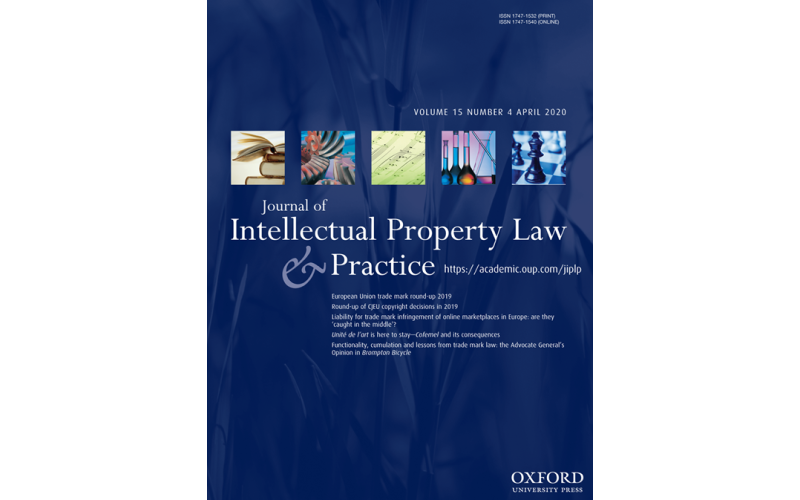Functionality, cumulation and lessons from trade mark law
In this article, Dr Ilanah Fhima, Reader in Intellectual Property Law at UCL Laws, examines the Advocate General’s Opinion in the pending copyright reference: Case C-833/18 (Brompton Bicycle).

5 May 2020
Publication details
Fhima, Ilanah (2020). 'Functionality, cumulation and lessons from trade mark law: the Advocate General’s Opinion in Brompton Bicycle', Journal of Intellectual Property Law & Practice. 15(4) pp. 301–307.
Abstract
Case C-833/18, Brompton Bicycle Ltd, is an important reference which is currently pending before the Court of Justice of the European Union (CJEU). The CJEU has been asked to clarify whether, under harmonized EU copyright law, copyright protection is available to ‘functional’ shapes, i.e. those which are necessary to achieve a technical result, absent any legislative exclusion of this sort. And if so, which factors are relevant to ascertain whether a ‘technical’ shape is excluded.
In recommending an answer for the CJEU to adopt, the Advocate General considered the nature of originality for the purposes of copyright law in the light of recent CJEU jurisprudence. His opinion also considered the fraught issue of when cumulative IP protection is permissible, particularly between copyright and patents or designs. This has been brought to particular attention in the light of last year’s Cofemel ruling (Case C-683/17), stating that designs and works of applied art must not be subject to a stricter test than other kinds of works in order to qualify for copyright protection.
The Advocate General sought to make a number of links to the approach to excluding functional matter under EU trade mark law, suggesting a negative convergence approach to the issue. However, this article argues that the extent of his reliance upon trade mark doctrines in the different context of copyright - without thoroughly exploring the full implications of doing so - is open to criticism.
 Close
Close

